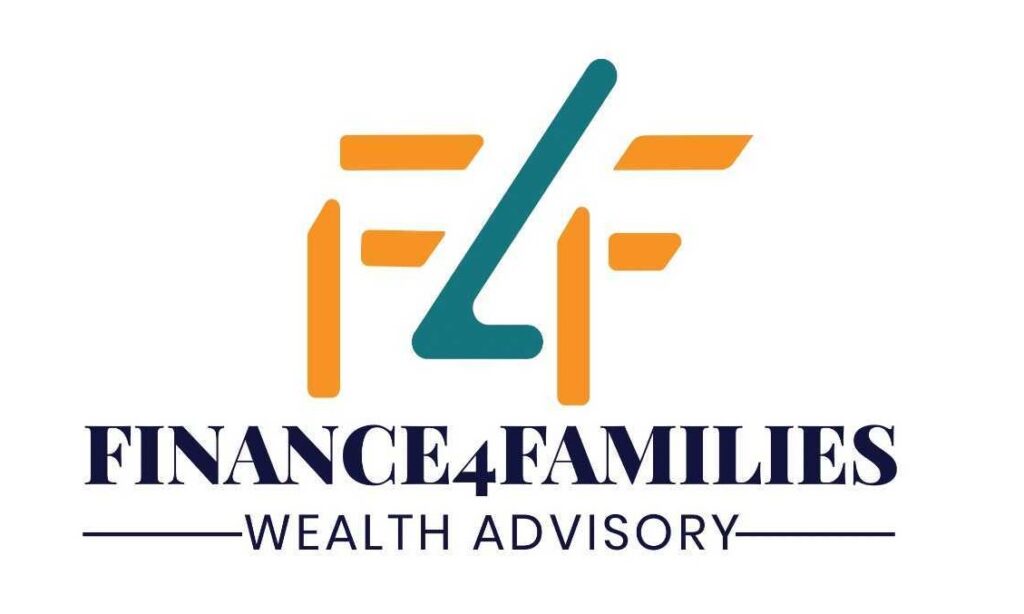In a rapidly evolving economy like Kenya’s, the concept of family wealth extends far beyond just accumulating money. Family wealth management is about creating a financial strategy that grows, protects, and transfers assets across generations. With the right tools and strategies, Kenyan families can create a lasting legacy of wealth that secures financial stability for themselves and future generations.
1. Financial Literacy: The Foundation of Wealth
Financial literacy is the first and most critical component of building family wealth. Without a basic understanding of how money works—how to save, invest, and manage debt—families risk losing wealth as quickly as they accumulate it.
In Kenya, financial literacy remains a significant challenge. Only 38% of adults are considered financially literate, according to a 2023 FinAccess report. This means that most Kenyans lack the essential knowledge required to make informed financial decisions, particularly in areas such as saving, investing, and debt management.
What Can Families Do: Families should invest in financial education for all members, from parents to children, to ensure that wealth is built, preserved, and grown across generations.
2. Wealth Preservation: Protecting What You’ve Built
Once wealth has been accumulated, the next step is to ensure its protection. This means putting measures in place to safeguard your family’s assets from risks such as economic downturns, inflation, and unforeseen personal circumstances like illness or death.
Insurance is one of the most critical tools for wealth preservation. In Kenya, however, insurance penetration remains low, with less than 3% of the population covered by life insurance policies as of 2023. Without adequate insurance, families are often forced to deplete their savings in the event of an emergency, which can derail long-term financial plans.
What Can Families Do: Families should prioritize purchasing health insurance, life insurance, and asset insurance to protect against unforeseen losses. Estate planning, such as creating a will or trust, is also crucial to ensure that wealth is transferred seamlessly to the next generation.
3. Investment Strategy: Growing Your Wealth
Investing is key to growing family wealth. This involves going beyond just saving money and learning how to make your money work for you. A well-diversified investment strategy allows families to multiply their wealth by spreading their assets across different investment vehicles—stocks, bonds, real estate, and even small businesses.
In Kenya, only 12% of households invest in formal markets like the Nairobi Securities Exchange (NSE) or government bonds issued by the Central Bank Of Kenya. Most families rely on informal or short-term investments like chamas or land purchases, which while beneficial, limit long-term growth potential.
What Can Families Do: Families should engage the services of licensed and reputable financial advisors to develop a well-rounded investment strategy. By diversifying across multiple assets, they can ensure their wealth grows steadily, regardless of economic cycles.

4. Intergenerational Wealth Transfer: Passing It On
One of the most overlooked components of family wealth is planning how to transfer it to future generations. Without proper estate planning, wealth often erodes within one or two generations. In fact, research shows that 70% of wealthy families lose their wealth by the second generation, and 90% by the third.
In Kenya, the situation is compounded by cultural taboos around discussing wealth and death. Many families avoid estate planning, which leads to disputes and loss of assets after the death of the wealth creator. This often results in the family having to sell off land or property just to survive, effectively wiping out years of hard-earned wealth.
Often, we see family businesses flourish during the founder’s lifetime, but without a clear succession plan, the next generation may struggle to manage the assets or become embroiled in inheritance disputes. This is a frequent issue in Kenya, where the absence of wills and trust structures leads to family conflicts and legal battles over property.
What Can Families Do: Wealth transfer requires careful planning, including drafting wills, creating trusts, and setting up succession plans for businesses. Families should work with estate planners to ensure a smooth and conflict-free transfer of wealth to the next generation.
5. Family Governance: Managing Wealth Collectively
As family wealth grows, it becomes essential to establish family governance structures. This ensures that all members of the family understand their role in managing, growing, and preserving the wealth. Family governance includes setting up family councils, having regular meetings, and clearly defining decision-making processes.
In Kenya, this is especially important in larger families where wealth might be spread across different households or branches. Without clear governance, family wealth can easily be mismanaged or lost due to conflicting interests.
What Can Families Do: Establish a family governance structure that includes regular communication, transparent decision-making, and shared financial goals. This helps prevent conflicts and ensures that family wealth is managed collectively and responsibly.
How can families build a lasting legacy
Family wealth management is a multi-faceted process that requires careful planning, education, and a long-term vision. For Kenyan families, the key to building generational wealth lies in understanding these core components—financial literacy, wealth preservation, investment strategy, intergenerational wealth transfer, and family governance.
By taking these steps, families can move from simply accumulating wealth to creating a lasting legacy that supports not only their immediate needs but also the prosperity of future generations.



